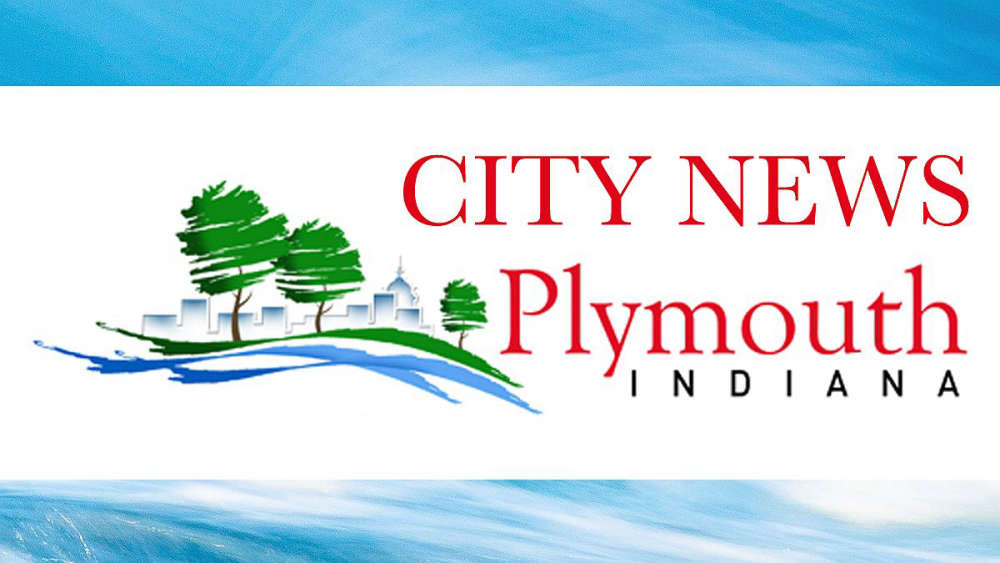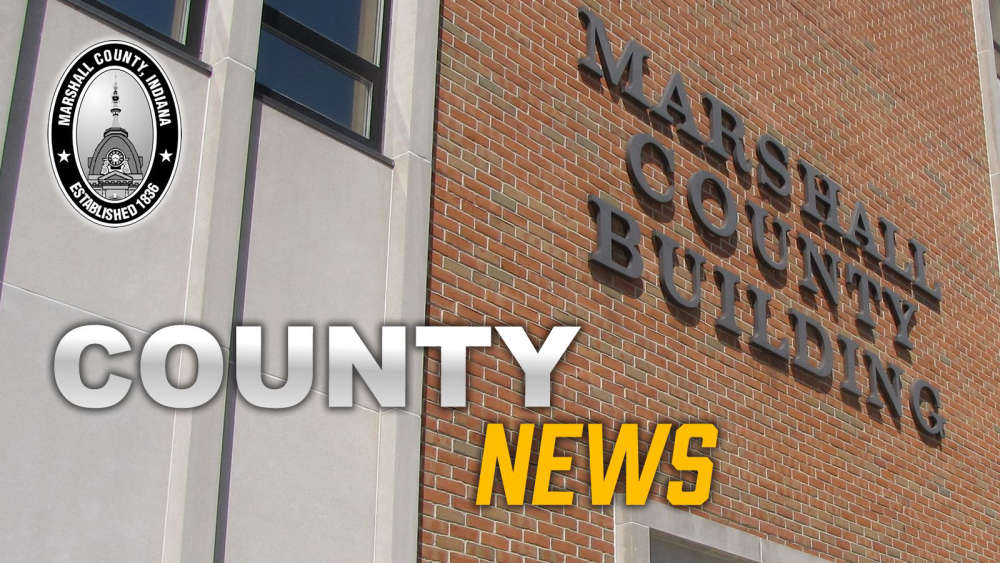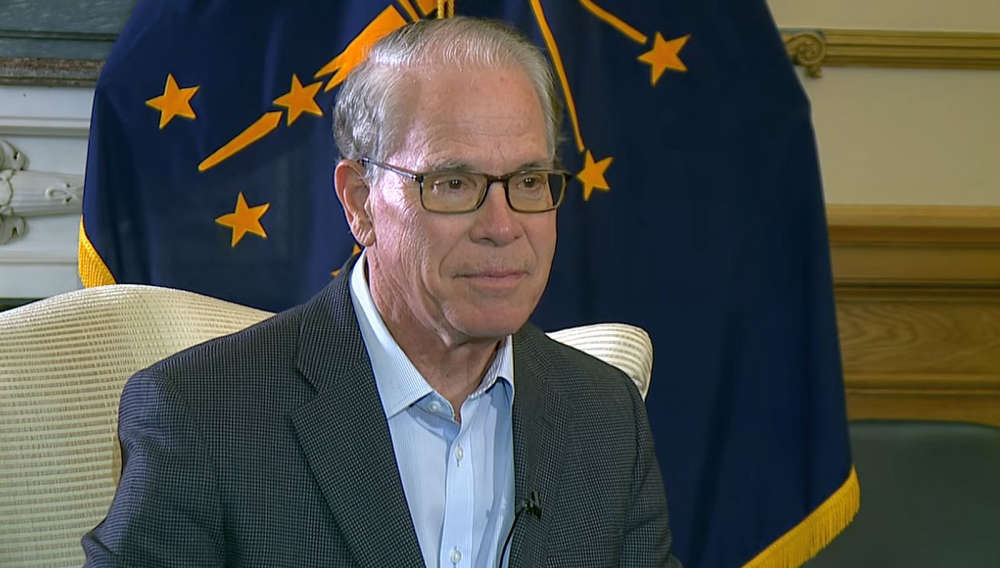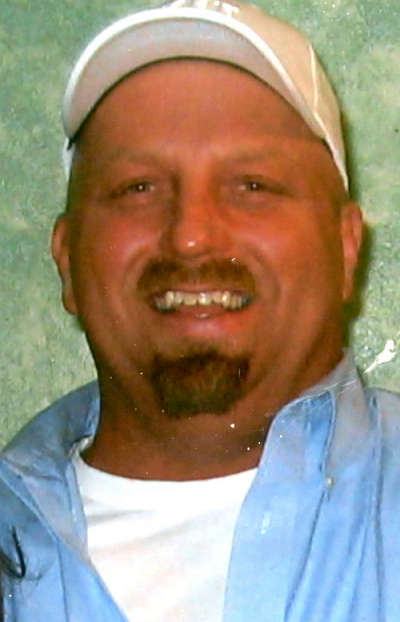
Last week Plymouth School Superintendent Mitch Mawhorter gave members of the School Board and the public a legislative update.
House Bill 1001 appropriates money for capital expenditures, the operation of the state, K-12 and higher education, the delivery of Medicaid and other services, and various other distributions and purposes.
Mawhorter said the bill passed through the House and is now on the Senate side for consideration. He commented that there is a “mixed bag of things in the bill such as an increase in the foundation portion of the funding formula for students which would seem to help support the growth of future wages however the has also wrapped up into it a foundation increase for circular materials such as textbooks.”
The superintendent warned that while it appears that schools will get a lot of money, the increase for circular will take away from that. Mawhorter also warned that projects show that enrollment will be declining over the next 4 to 6 years so the funding will be negatively impacted.
Laura Kruyer, PHS teacher and PEA (Plymouth Education Association) President spoke first as a parent saying, “I have two high school students and I do get those textbook fees and they can be burdensome. They are usually several hundred dollars, but everything is relative and everything is kind of priorities.” She said while it seems like a good idea for the state to pick up the textbook fees, which Indiana is only 1 of 7 states to not do that, using the funding increase basically offsets any help for the school corporation.
Kruyer also commented on the proposed increase for vouchers. She said the increase for public education is about 5 to 6 percent while the increase for private vouchers is 70 percent. She said that is a major concern. Kruyer said teachers and administrators are aware of it because of their professional associations but she wasn’t sure the public was aware of the difference.
Another bill Mrs. Kruyer commented on was Senate Bill 486 which has been voted out of the senate and passed over to the House for consideration. She said the proposed changes to mandatory training are something she doesn’t think the public is aware of. Kruyer said the bill takes away the mandatory part of training and puts it in the laps of the school boards to decide what training to continue with and what training to give up. She questioned what training the school board would decide to get rid of, suicide awareness training, CPR training, or seizure awareness symptoms. Kruyer said, “How do we get the public to understand this? These are real-life issues, life, and death issues and what’s going on right now in the state house is not very favorable to public education especially communities like Plymouth when we see that impact on the funding or the impact on our students in our classrooms.”


 Plymouth Board to review single $200 bid for surplus ambulance
Plymouth Board to review single $200 bid for surplus ambulance
 Marshall County officials to hold year-end budget, appointment meetings
Marshall County officials to hold year-end budget, appointment meetings
 Marshall County Public Defender Board to review new contracts
Marshall County Public Defender Board to review new contracts
 Heartland Art Center launches "The Artist's Table" dining experience
Heartland Art Center launches "The Artist's Table" dining experience
 BMV shatters kiosk transaction goal
BMV shatters kiosk transaction goal
 Indiana advances coal ash permitting program, marking major step in Environmental Leadership
Indiana advances coal ash permitting program, marking major step in Environmental Leadership
 Plymouth Council tables $25,000 request for Housing Crisis Response Team
Plymouth Council tables $25,000 request for Housing Crisis Response Team
 Governor Braun applauds new Regional-Led Innovation Development District in South Bend
Governor Braun applauds new Regional-Led Innovation Development District in South Bend




